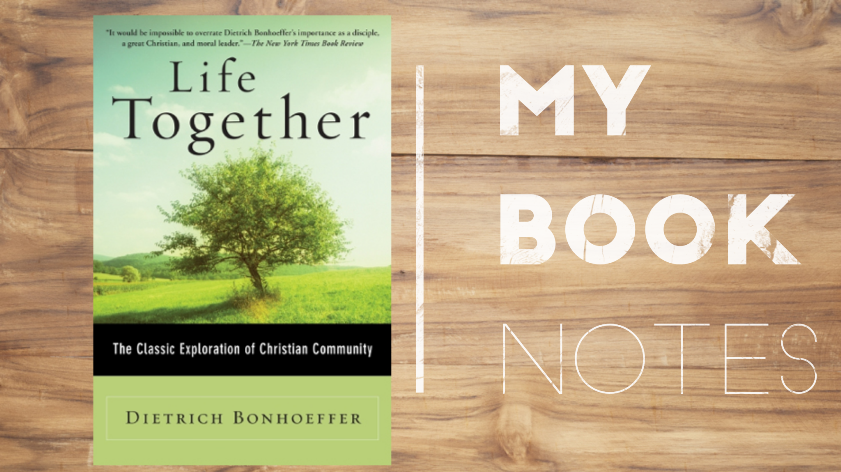Fasting
So I've just signed up for this website: booksneeze.com, you get a free book as long as you write a review of it on your blog. I chose a book on fasting. This was for several reasons: firstly because I had heard of the series already and was excited to see Phyllis Tickle as the general editor of the series, I have a lot of time for her as she has a lot of time for others, she is also viewed as an authority on ancient spiritual practices with many years of experience. She has also taken an avid interest in the emerging church, of which I have also, hence Brian Mclaren writing the first book of the series, and her friendship with Tony Jones (Tony started emergent village with Doug Pagitt and Brian mclaren and has authored several books including 'the sacred way, spiritual practices for everyday life') Secondly, I was excited to see that the book was written by Scot McKnight, a new testament scholar with interest in the quest for the historical Jesus and also a friend of the emerging church (cf 'the deep church') Lastly I was excited by this series because, with the breakdown of modernity, it has also broken down the Walls between denominations, particularly between Protestants, Catholics and eastern orthodox, and as we Protestants have looked over the Walls we have discovered a rich depth of spirituality going back several thousand years.
One aspect that also interested me was the recent criticisms of dualism (the dichotomy between physical/spiritual, I.e. Physical bad, spiritual good) and how this would affect scots writing.
One of Scots initial themes that that ran throughout the book that I found particularly helpful is his use of a formula for fasting: A-B-C. A represents a grievous sacred moment, B represents fasting, and C represents results. Scot contends that most christians use the formula: C-B. I.e. They think of something they want, maybe an answer to prayer, and then they decide to fast, missing out A all together. Scots formula says that we encounter a moment so grievous or so sacred that eating would be counter to the moment.
He then moves on to look at various ways that people have fasted and mentions the grievous sacred moment that prompts it. For example the sacred moment of repentance. The grievous moment of recognising that millions will go to bed hungry tonight.
He also includes an entire section on the health and safety side of fasting including a detailed description of what happens to the body when one fasts, I feel this is integral for any book on fasting. He also creates an important distinction between fasting and asceticism; outlining the dangers of asceticism and its relationship with extremism (making your fasts more and more extreme to dangerous proportions) and anorexia nervosa (an important topic in todays society).
As one would expect from a biblical scholar he makes excellent use of the biblical narrative and views it in his framework of A-B-C. He makes frequent use of Isaiah 58 to also illustrate this formula. He quotes frequently from prominent figures in church history from the early church fathers through to luther, Calvin and Wesley (including quotes that he disagrees with) and from recent authors such don Carson and John piper.
Lastly, Scot affirms the criticisms of dualism and argues for a holistic view of spirituality that incorporates all aspects of life, including fasting.
All in all I would definitely recommend this book to those interested in fasting and spiritual practices and I look forward to reading the next book in the series.
One aspect that also interested me was the recent criticisms of dualism (the dichotomy between physical/spiritual, I.e. Physical bad, spiritual good) and how this would affect scots writing.
One of Scots initial themes that that ran throughout the book that I found particularly helpful is his use of a formula for fasting: A-B-C. A represents a grievous sacred moment, B represents fasting, and C represents results. Scot contends that most christians use the formula: C-B. I.e. They think of something they want, maybe an answer to prayer, and then they decide to fast, missing out A all together. Scots formula says that we encounter a moment so grievous or so sacred that eating would be counter to the moment.
He then moves on to look at various ways that people have fasted and mentions the grievous sacred moment that prompts it. For example the sacred moment of repentance. The grievous moment of recognising that millions will go to bed hungry tonight.
He also includes an entire section on the health and safety side of fasting including a detailed description of what happens to the body when one fasts, I feel this is integral for any book on fasting. He also creates an important distinction between fasting and asceticism; outlining the dangers of asceticism and its relationship with extremism (making your fasts more and more extreme to dangerous proportions) and anorexia nervosa (an important topic in todays society).
As one would expect from a biblical scholar he makes excellent use of the biblical narrative and views it in his framework of A-B-C. He makes frequent use of Isaiah 58 to also illustrate this formula. He quotes frequently from prominent figures in church history from the early church fathers through to luther, Calvin and Wesley (including quotes that he disagrees with) and from recent authors such don Carson and John piper.
Lastly, Scot affirms the criticisms of dualism and argues for a holistic view of spirituality that incorporates all aspects of life, including fasting.
All in all I would definitely recommend this book to those interested in fasting and spiritual practices and I look forward to reading the next book in the series.




Comments
Post a Comment